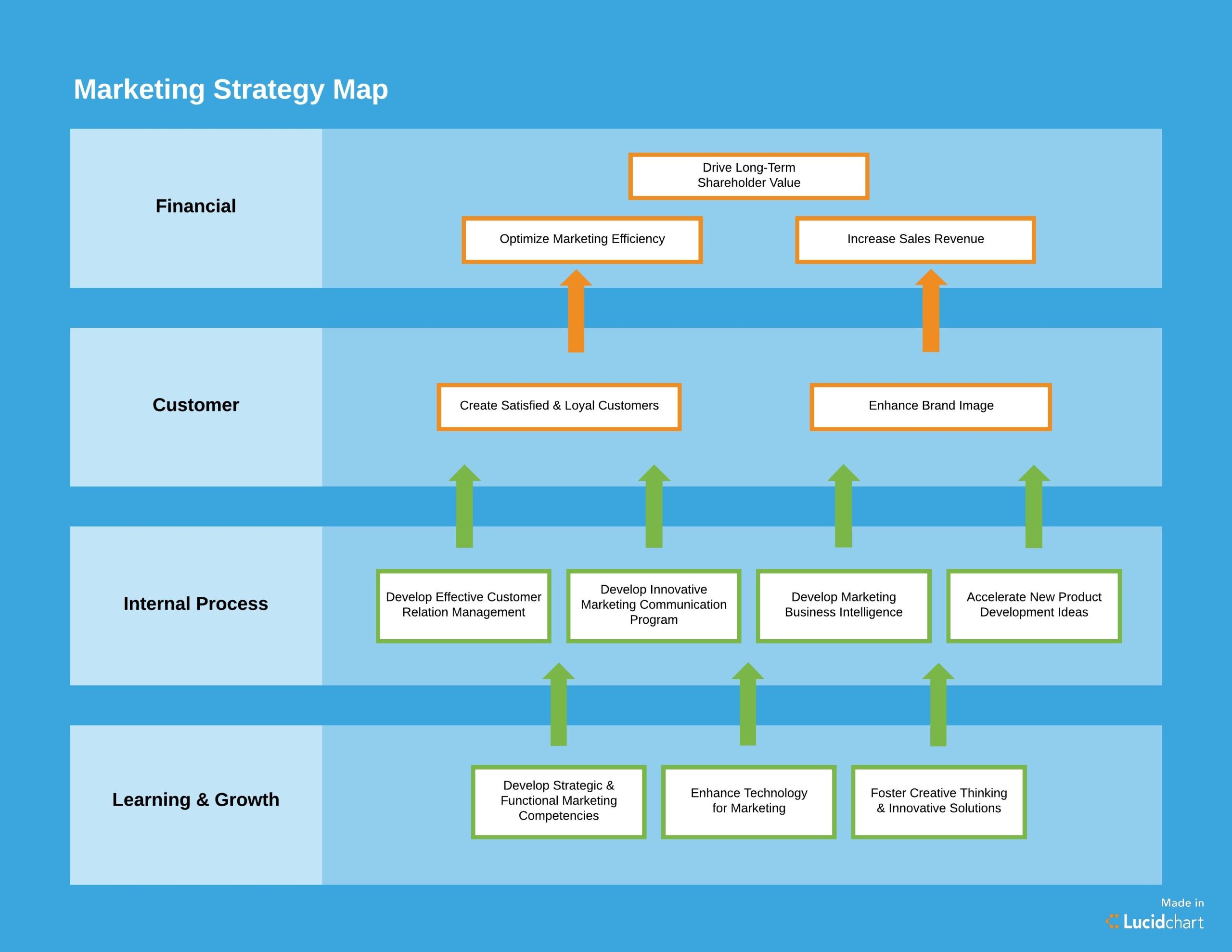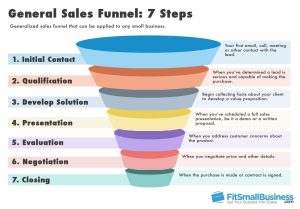
In the fast-paced world of technology, having an effective marketing plan is crucial to stand out and succeed. A well-crafted marketing plan not only helps businesses reach their target audience but also creates opportunities to maximize profits and growth. In this article, we will discuss essential strategies for creating a powerful business marketing plan that will drive results.
1. Identify Your Target Audience
The first step in creating an effective marketing plan is identifying your target audience. Understanding who your potential customers are is key to developing focused marketing strategies. Start by researching demographics, buyer personas, and consumer behavior trends. This data will help you tailor your marketing messages and campaigns to resonate with your target audience.
2. Set Clear and Measurable Goals
Every successful marketing plan starts with clear and measurable goals. Establish specific objectives that align with your business goals. Are you looking to increase brand awareness, generate leads, or boost sales? Be specific and determine how you will measure your progress. Setting SMART (Specific, Measurable, Achievable, Relevant, Time-bound) goals helps you stay focused and track your success.
3. Conduct a Competitive Analysis
Conducting a comprehensive analysis of your competitors is vital to gain a competitive edge. Identify your direct and indirect competitors and evaluate their marketing strategies. Determine their strengths, weaknesses, and unique selling propositions. This analysis helps you identify opportunities in the market and differentiates your business from the competition.
4. Define Your Unique Selling Proposition
Defining your unique selling proposition (USP) is crucial for effective marketing. Your USP sets your business apart and conveys the value you offer to customers. Identify what makes your product or service unique, and why customers should choose you over competitors. Craft compelling messaging that highlights your USP and resonates with your target audience.
5. Choose the Right Marketing Channels
With numerous marketing channels available, choosing the right ones for your business is crucial. Consider your target audience and their preferred platforms. Will social media marketing, email marketing, content marketing, or paid advertising be most effective? Focus your efforts on the channels that offer the greatest potential for reaching and engaging your target audience.
6. Develop Consistent Branding
A cohesive brand image across all marketing efforts is essential for establishing trust and brand identity. Develop consistent branding guidelines that include your logo, tagline, color scheme, and tone of voice. Ensure your branding is reflected in all marketing materials, whether it’s your website, social media, or offline advertising. Consistency helps customers recognize and connect with your brand.
7. Create Compelling Content
Content is king in the digital world. Create valuable and engaging content that showcases your expertise and solves your audience’s pain points. Develop a content calendar and choose formats such as blog posts, videos, podcasts, or infographics based on your target audience’s preferences. Regularly publish high-quality content to build credibility, attract leads, and drive organic traffic.
8. Leverage Social Media
Social media platforms provide powerful tools to reach and engage your target audience. Develop a social media strategy that aligns with your overall marketing goals. Be present on platforms where your audience spends most of their time and establish brand consistency in your social media profiles. Interact with your followers, share valuable content, and leverage social media advertising to expand your reach.
9. Measure and Analyze Results
Measurement and analysis are essential to optimize your marketing efforts. Set up analytics tools to track the performance of your campaigns, website traffic, conversion rates, and other relevant metrics. Regularly analyze the data to gain insights and identify areas for improvement. Adjust your strategies based on the results to maximize your return on investment.
10. Stay Up-to-Date with Tech Trends
The technology landscape evolves rapidly, and staying up-to-date with the latest trends is crucial for effective marketing. Keep an eye on emerging technologies, new marketing tools, and changes in consumer behavior. Embrace innovative technologies, such as artificial intelligence or chatbots, to enhance your marketing efficiency and provide a seamless customer experience.
In conclusion, creating an effective marketing plan is essential for businesses in the tech niche to thrive. By understanding your target audience, setting clear goals, conducting competitive analysis, differentiating your brand, utilizing the right marketing channels, and leveraging compelling content and social media, you can drive significant results. Moreover, continuous measurement, analysis, and staying up-to-date with tech trends will ensure your marketing plan stays effective in the ever-changing digital landscape.

